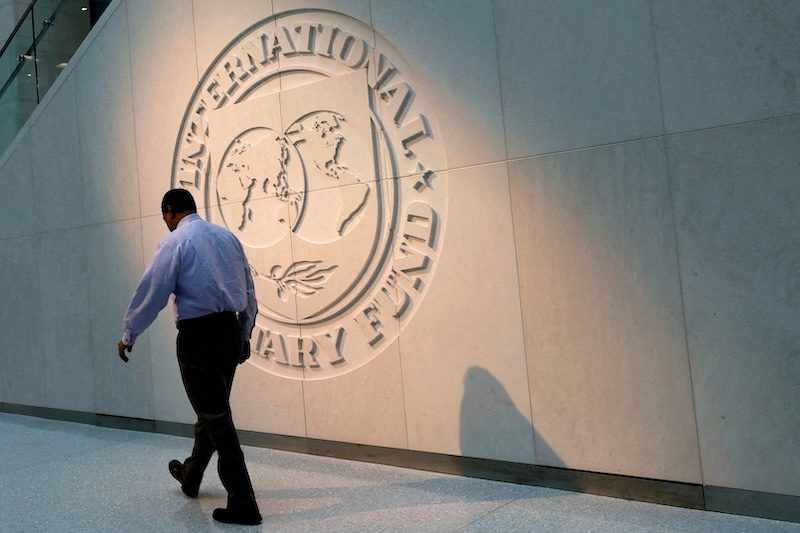Central banks can’t reduce inequality – it’s time for ministers to act
- Date: 21-Jul-2021
- Source: The Guardian
- Sector:Financial Services
- Country:Middle East
Central banks can’t reduce inequality – it’s time for ministers to act
Central bank policies have enriched the wealthy – bold politicians must start redistributing wealth
In the Forbes list of the World's Most Powerful People for 2012, Ben Bernanke, the then chair of the US Federal Reserve, held the sixth position, while Mario Draghi, the then president of the European Central Bank, came in at number eight. They were both ranked above the Chinese president, Xi Jinping. As the global economy struggled with the aftermath of the global financial crisis that began in 2008, and its European cousin, the eurozone crisis, central banks were in the driving seat, easing quantitatively like there was no tomorrow. They were, it was often said, "the only game in town". Even at the time, some thought there was an element of folie de grandeur in their elevation.
This time is different. Although central banks continue to buy bonds incontinently, fiscal policy has been the key response to the Covid-19 pandemic. In the US, President Joe Biden and Congress have led the charge. In the EU, the European Commission's recovery and resilience facility is at the heart of the €750bn (£650bn) next generation EU plan, while in the UK, the chancellor, Rishi Sunak, is signing the cheques.






















